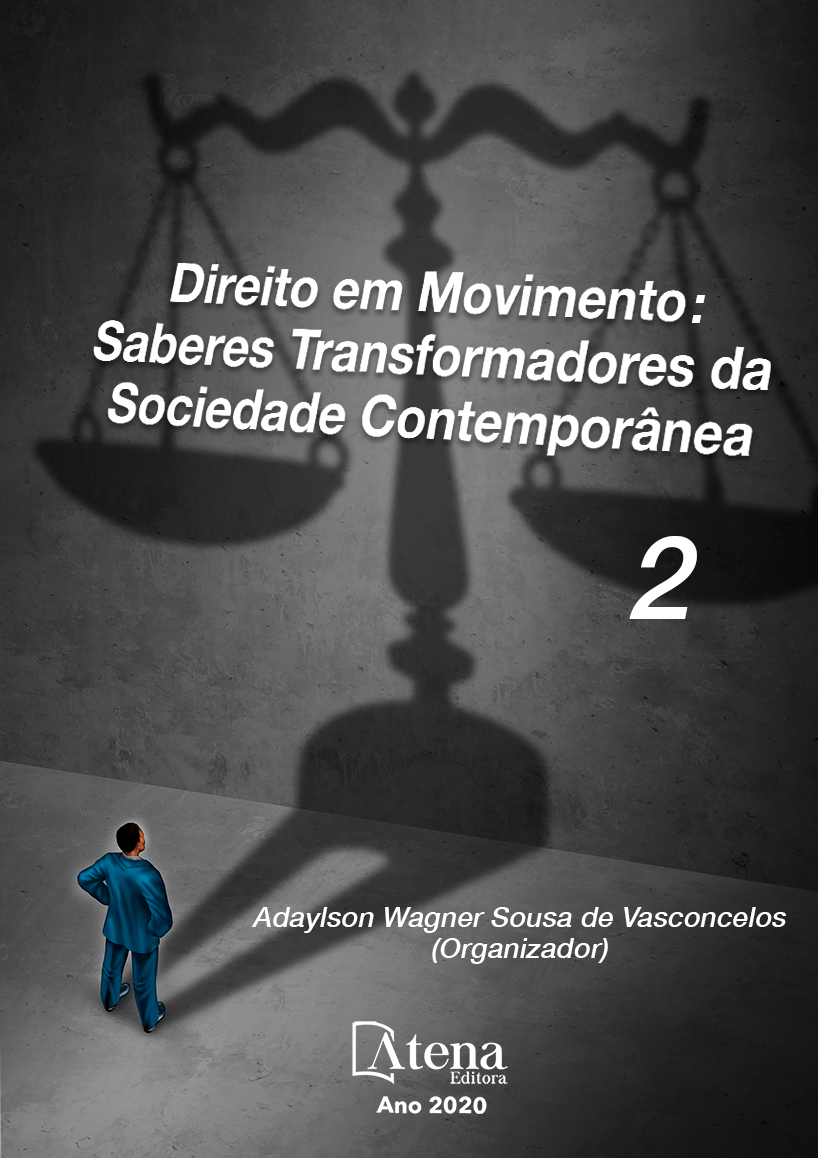
O ENSINO DA ANTROPOLOGIA NOS CURSOS JURÍDICOS E A PROMOÇÃO DOS DIREITOS HUMANOS: para pensar o direito além da técnica
O presente estudo propõe-se a discutir o lugar que a antropologia assume no hodierno contexto jurídico-acadêmico, seja por meio do ensino da antropologia jurídica, seja por meio de práticas de pesquisa e de extensão, que proporcionem aos futuros juristas a “experiência do estranhamento” no que diz respeito, principalmente, aos direitos humanos. Ao apoiar-se na revisão bibliográfica concernente ao tema, a pesquisa revela um cenário acadêmico consideravelmente opaco à discussão das bases culturais do direito, reduzido, devido às exigências mercadológicas que imperam nas práticas cotidianas de Justiça, à sua esfera meramente técnica. Porém, a crise vislumbrada tem duplo âmbito de enunciação: por um lado, serve à denúncia da insuficiência política com que os direitos humanos são geralmente tratados nas academias jurídicas; de outro, pode impulsionar propostas que busquem reativar as sensibilidades jurídicas, fazendo os estudantes compreenderem que as questões fundamentais do direito são de cunho ético e, portanto, atravessadas por questões culturais que não devem ser relegadas a um nível menor de problematização em suas formações. O percurso da pesquisa aposta na articulação dos seguintes elementos argumentativos: estado do ensino, da pesquisa e da extensão no direito e suas implicações teóricas específicas no campo da antropologia jurídica; sensibilidades jurídicas, dimensão simbólica dos direitos e desafios da politização da justiça; cegueira normativa e violação de direitos; o despertar – necessário e inelutável – dos direitos humanos à antropologia; e a possibilidade de uma educação jurídica que promova os direitos humanos, assumindo-se política ao permitir pensar o direito além da técnica.
O ENSINO DA ANTROPOLOGIA NOS CURSOS JURÍDICOS E A PROMOÇÃO DOS DIREITOS HUMANOS: para pensar o direito além da técnica
-
DOI: 10.22533/at.ed.70820180820
-
Palavras-chave: Antropologia jurídica; Direitos humanos; Sensibilidades jurídicas; Educação; Direito além da técnica
-
Keywords: Legal anthropology; Human rights; Legal sensitivities; Education; Law beyond technique
-
Abstract:
This study aims to discuss the place that anthropology assumes in today's legal-academic context, whether through the teaching of legal anthropology, or through research and extension practices, which provide future jurists with the “experience of strangeness” with regard mainly to human rights. By relying on the literature review on the topic, the research reveals an academic scenario that is considerably opaque to the discussion of the cultural bases of law, reduced, due to the market demands that prevail in the daily practices of Justice, to its purely technical sphere. However, the envisioned crisis has a double scope: on the one hand, it serves to denounce the political insufficiency with which human rights are generally treated in legal academies; on the other, it can boost proposals that seek to reactivate legal sensitivities, making students understand that the fundamental questions of law are of an ethical nature and, therefore, crossed by cultural issues that should not be relegated to a lower level of problematization in their training. The research path is based on the articulation of the following argumentative elements: state of teaching, research and extension in law and its specific theoretical implications in the field of legal anthropology; legal sensitivities, symbolic dimension of rights and challenges of politicization of justice; normative blindness and violation of rights; the awakening - necessary and inescapable - of human rights to anthropology; and the possibility of a legal education that promotes human rights, assuming politics by allowing to think the law beyond the technique.
-
Número de páginas: 7
- Danley Denis da Silva


